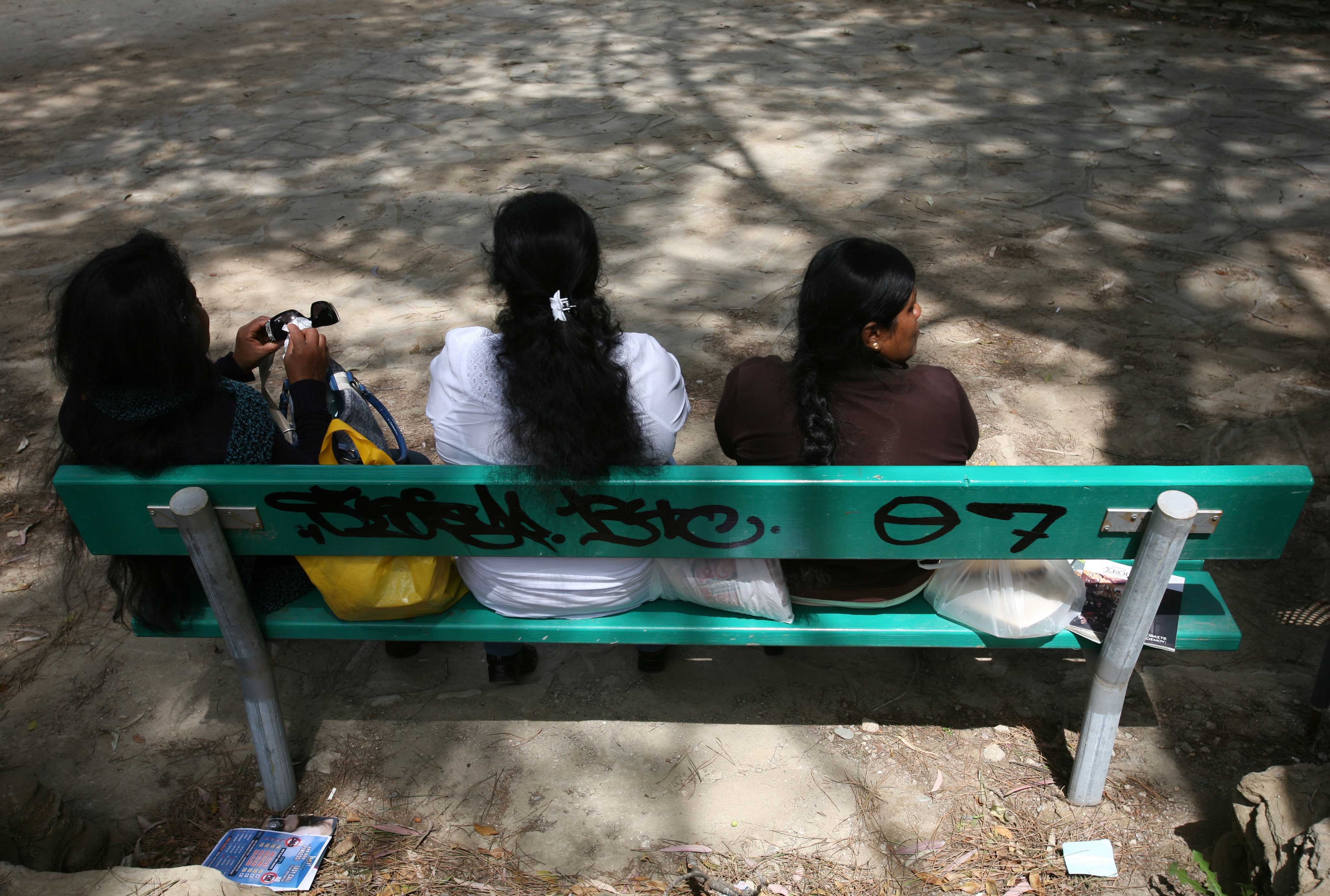
Thousands of domestic helpers are using Cyprus illegally as a springboard to other destinations in the EU, MP Rita Superman said on Wednesday.
“Greater supervision and streamlining are necessary, both in terms of the employees’ legal status in Cyprus, as well as a clarification of the exact job description under which they are hired,” Superman told the CyBC.
The MP said the domestic workers, mainly female, from countries such as Sri Lanka, Nepal and India, usually arrive without any specialised skills for coping with the elderly, the disabled, or children, sometimes not even possessing the requisite training in basic hygiene, despite dealing with health compromised individuals.
NGOs have also been sounding the alarm for years about workers abandoning their posts, and there are known cases of domestic helpers living and working for dozens of years in Cyprus illegally.
“Families and the elderly themselves tend to prefer live-in home care, in part because it is cheaper than an elderly nursing facility,” Superman said.
But regulation of fair working conditions for this mainly female work force is insufficient, she said, for example a lack of agreement with their home countries often means that social security contributions made by their employers and visa sponsors cannot be paid out to them.
One reason for the employees leave their legitimate employers is the fact that they can earn more by working for several households at a time, as cleaners or in other roles, and be more independent than a live-in nanny or carer.
Another involves the MO of unscrupulous employment agencies which bring the women to Cyprus and then incite them to leave for other EU states with promises of better wages abroad – sometimes falsely so.
Among the countries the women flee to are Portugal, Croatia, Greece, Spain and Italy and not all these workers travel surreptitiously through the north, Superman said.
“The residency permit or visa enables them to travel to the EU as tourists or some may fake their documents,” she said.
Speaking on behalf of the elderly, Third Age Observatory spokesman Demos Antoniou said the problem hinged on the fact that the state needs to do more to induct workers from other countries into training programmes before giving them permission to gain employment in households.
“There have been instances when an elderly or disabled person had been left abandoned in their bed,” he said.
If abuse is not prevented through training, then “cameras must be installed in private and other homes to protect those under their care,” he said.
Both speakers acknowledged, however, that abuse can go both ways and that cases had surfaced of carers or domestic helpers working under appalling conditions.
Despite the recent doubling of state subsidies for elderly to be cared for in group facilities, the state was not doing enough to regulate, modernise and streamline the whole situation, both said.
“There are 150,000 elderly out there and of those maybe 4,000 to 6,000 are in elderly facilities,” Antoniou said, adding that the state was failing this demographic.


